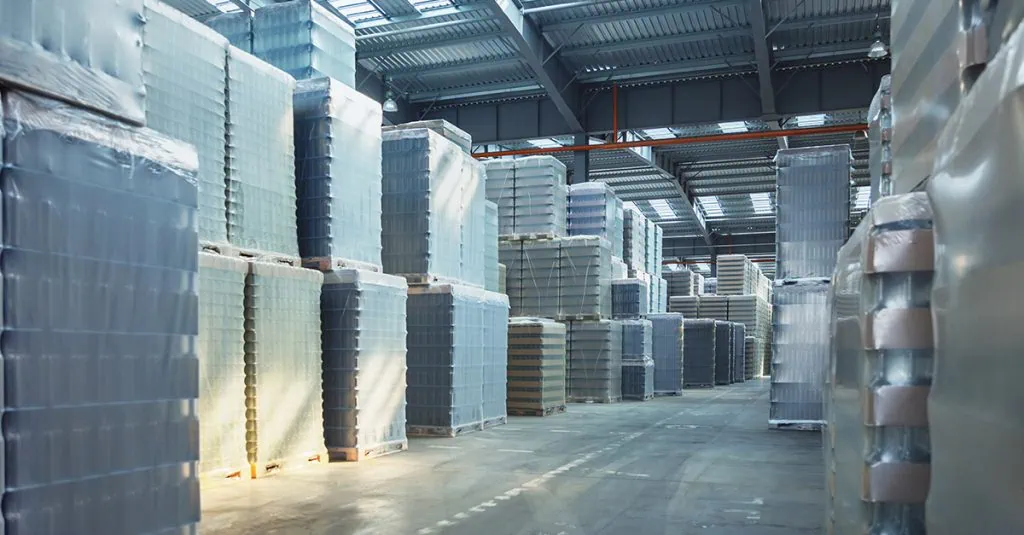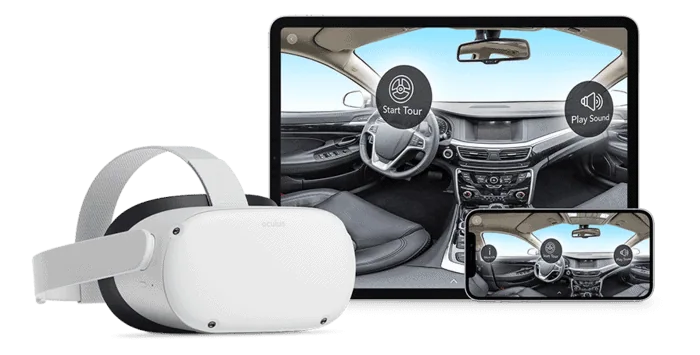Ensuring Safety Excellence: Comprehensive Safety Day Initiative
Streamlined safety training with VR Technology

Measurable outcomes and business Impact
Increased Engagement and Efficiency: VR makes safety training sessions more interactive, ensuring active participation and attention from employees.
Improved Safety Awareness: Simulating real-life scenarios helps employees understand and react to hazards more effectively.
Enhanced Return on Investment (ROI): More efficient training reduces time spent on sessions, decreases the number of safety incidents, and increases overall productivity.
Future plans and continuous improvement
Conclusion
The World Safety Day initiative exemplifies how innovative technology like VR can revolutionize traditional safety training. By making sessions more engaging and realistic, the company has not only improved learning outcomes but also reinforced its commitment to maintaining a safe and productive work environment. This effort highlights the ongoing dedication to blending technology with employee safety for better business outcomes.



